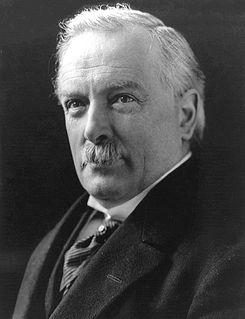A Quote by Alan Greenspan
History cannot be reduced to a set of statistics and probabilities.
Quote Topics
Related Quotes
One influential philosophical position about the use of probability in science holds that probabilities are objective only if they are based on micro-physics; all other probabilities should be interpreted subjectively, as merely revealing our ignorance about physical details. I have argued against this position, contending that the objectivity of micro-physical probabilities entails the objectivity of macro-probabilities.
As soon as the circumstances of an experiment are well known, we stop gathering statistics. ... The effect will occur always without exception, because the cause of the phenomena is accurately defined. Only when a phenomenon includes conditions as yet undefined,Only when a phenomenon includes conditions as yet undefined, can we compile statistics. ... we must learn therefore that we compile statistics only when we cannot possibly help it; for in my opinion, statistics can never yield scientific truth.
There is a reductive nature to the Internet, and it's not limited to comic book news sites and stuff: it's everybody. There is a reductive nature of it, by which anything that's said very quickly gets reduced down to the next. Reduced, reduced, reduced to the point where rumors with some sense of nuance to them just become fact.



































